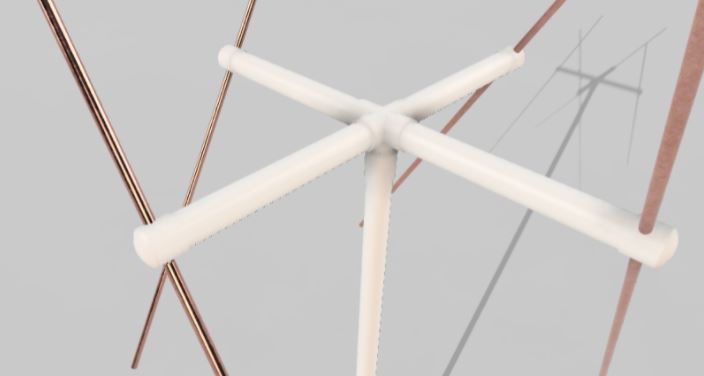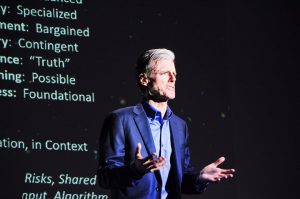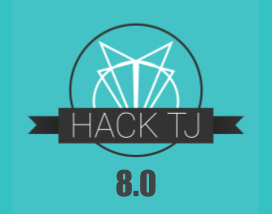Seniors present research projects at 2021 tjSTAR
Senior Sophia Troshynski presents her model Mars rover instruments at the 2021 tjSTAR. To commemorate their work, seniors virtually presented research labs on May 17. “The entire year felt like preparation. The universe is an infinite source of mystery which means I can never get bored of learning,” Troshynski said.
May 20, 2021
Seniors, a keynote speaker, and panelists presented virtually at tjSTAR (Thomas Jefferson Symposium to Advance Research) on May 17. tjSTAR is an annual program where students and teachers commemorate research projects by watching presentations.
Junior Maria Izzi was the leader of the student planning committee for this year’s tjSTAR.
“We wanted to keep this year as simple as possible while staying true to the mission. There’s a lot of events happening online, so we tried to strike a balance between events that people would want, like a keynote and career panel, but not too many events to limit student stress,” Izzi said.
Since most of the 2020-2021 school year has been online, the committee worked to make the event different from other online events.
“Students are already doing most of their school online, and while this isn’t much different, we hoped that [students] would get a chance to engage with seniors and the research community through watching [the senior’s] presentations,” Izzi said.
The virtual environment made viewing presentations and giving feedback easier for students.
“Seniors are able to preserve their research in a video, and incorporate feedback/respond to questions. Students are able to watch as many presentations as they want, [unlike in person], where it is limited to a certain number of presentations per block,” Izzi said.
Senior Sophia Troshynski presented her mock Mars rover instruments at tjSTAR.
“My presentation was about instrumentation on a mock Mars rover, which I collaborated with the robotics and prototyping labs to build. I built an antenna for the rover that could connect with NOAA satellites to receive weather data from space,” Troshynski said.
Seniors have worked throughout the school year on their senior research presentations.
“When you spend so much time doing something, it’s not difficult to talk about it and share your experiences with others,” Troshynski said.
Still, pre-recorded presentations didn’t feel the same as past in-person projects.
“I really missed having an audience to interact with. I feel a lot more confident during in-person presentations because I can read the room and adjust what I’m saying. In a virtual space, I have no idea what people think unless they explicitly say it,” Troshynski said.
Japanese teacher Mr. Otani, one of the teacher sponsors, helped transition tjSTAR into an online event.
“I thought it would be a great idea to get to know the people who were not directly related to my teaching assignment, [which is] Japanese. It was very different but successful this year. Other than being virtual, we had the first alum as the keynote speaker [who was] very well accepted among the students.
Since tjSTAR is right before AP exam week and on an asynchronous Monday, Otani was concerned about attendance.
“[The sponsors and I] first projected a much smaller number of participants [since tjSTAR was] a day before the AP exam week. But we [ended up having] over 400 students attending the afternoon sessions,” Otani said.
Otani is empathetic towards freshmen watching their first tjSTAR online.
“Although we could not hold the event in-person this year, I am glad to see many of the freshmen attend. Hopefully [the freshmen] get some ideas of what to expect tjSTAR will provide [including] a more exciting and dynamic experience in 2022!” Otani said.
Otani believes in tjSTAR’s mission, which allows seniors to present their research.
“The seniors have spent all year developing their projects. They also involve the skills and knowledge they have learned in four years at TJ. It is important and valuable to share this with others like teachers, parents, and the underclassmen,” Otani said, “Especially for the younger students, it is vital to see the senior project to have clear visions of what to expect when it’s their turn to do so.”









